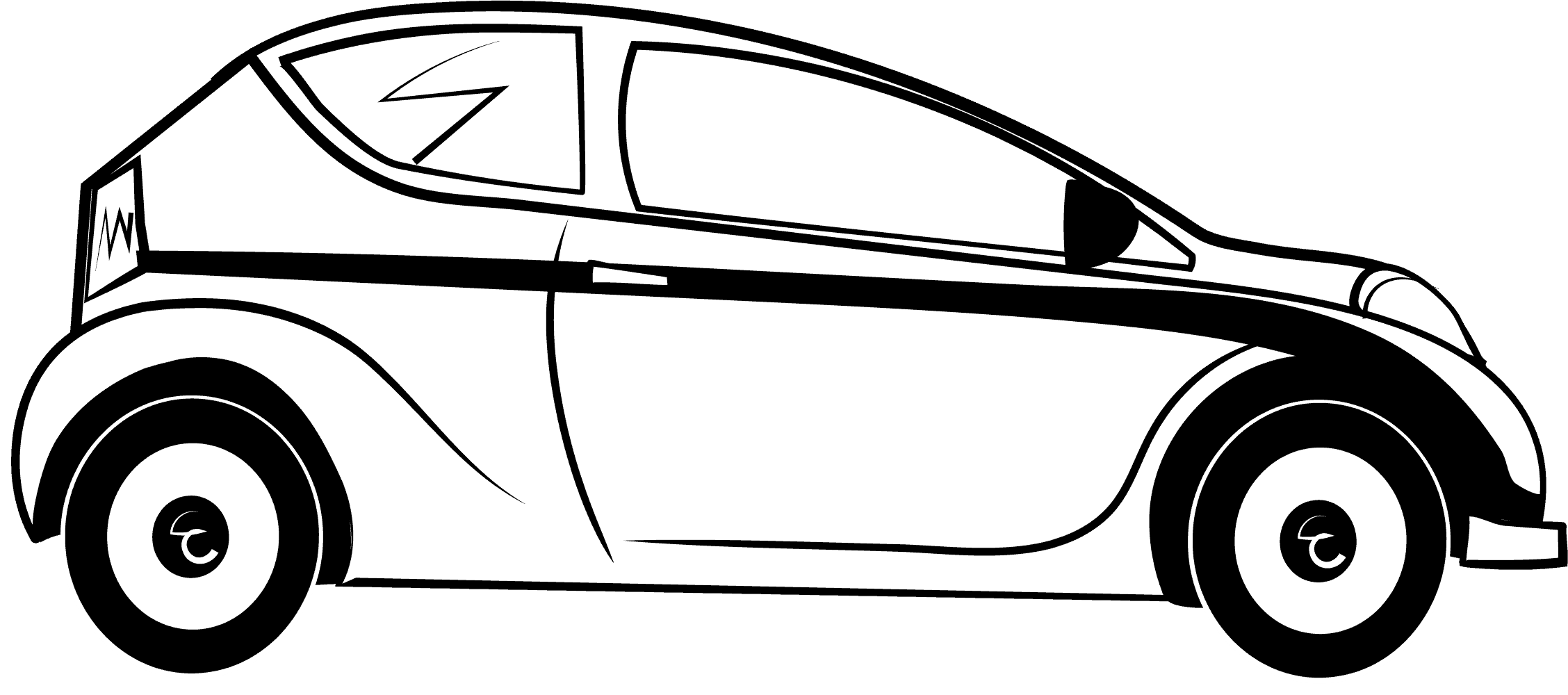Compare PCP Car Finance Deals
Get a no obligation quote
All circumstances considered
Decision in minutes

Reviewed & fact checked
Reviewed by: Geoff Tooze - CEO and Content Lead
How pcp car finance works

Get a quote
Fill out a quick application to check if you’re eligible, with zero impact on your credit score.

Meet your account manager
A dedicated Account Manager will be in touch to guide you by call, text, or WhatsApp.
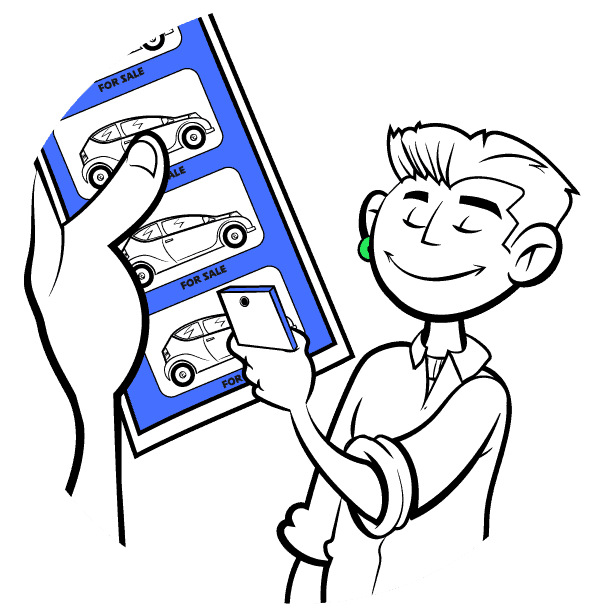
Choose a car
Browse 100,000+ used cars or buy from any trusted UK dealer, it’s up to you.

Hit the road!
Tell your Account Manager what you’re after, and if approved, you could be driving in just a few days.
*Rates start from 8.9% APR - Representative example 10.9% APR
Young Car Driver partners with CarFinance 247 Limited, a credit broker (not a lender), to help find the best car finance deal for your circumstances from their wide panel of lenders. The exact APR rate you will be offered will be based on your circumstances and subject to status.
Rates start from 8.9% APR. Representative 10.9% APR Personal Contract Purchase (PCP) Example: Car price £16.000, Terms 4 years, Deposit £1,600, Total amount of credit £14,400, Representative 10.9% fixed rate, Monthly payment £228, Total cost of credit £4,823, Total amount payable £20,824, Optional final payment £8,492, annual mileage 8,000pa.
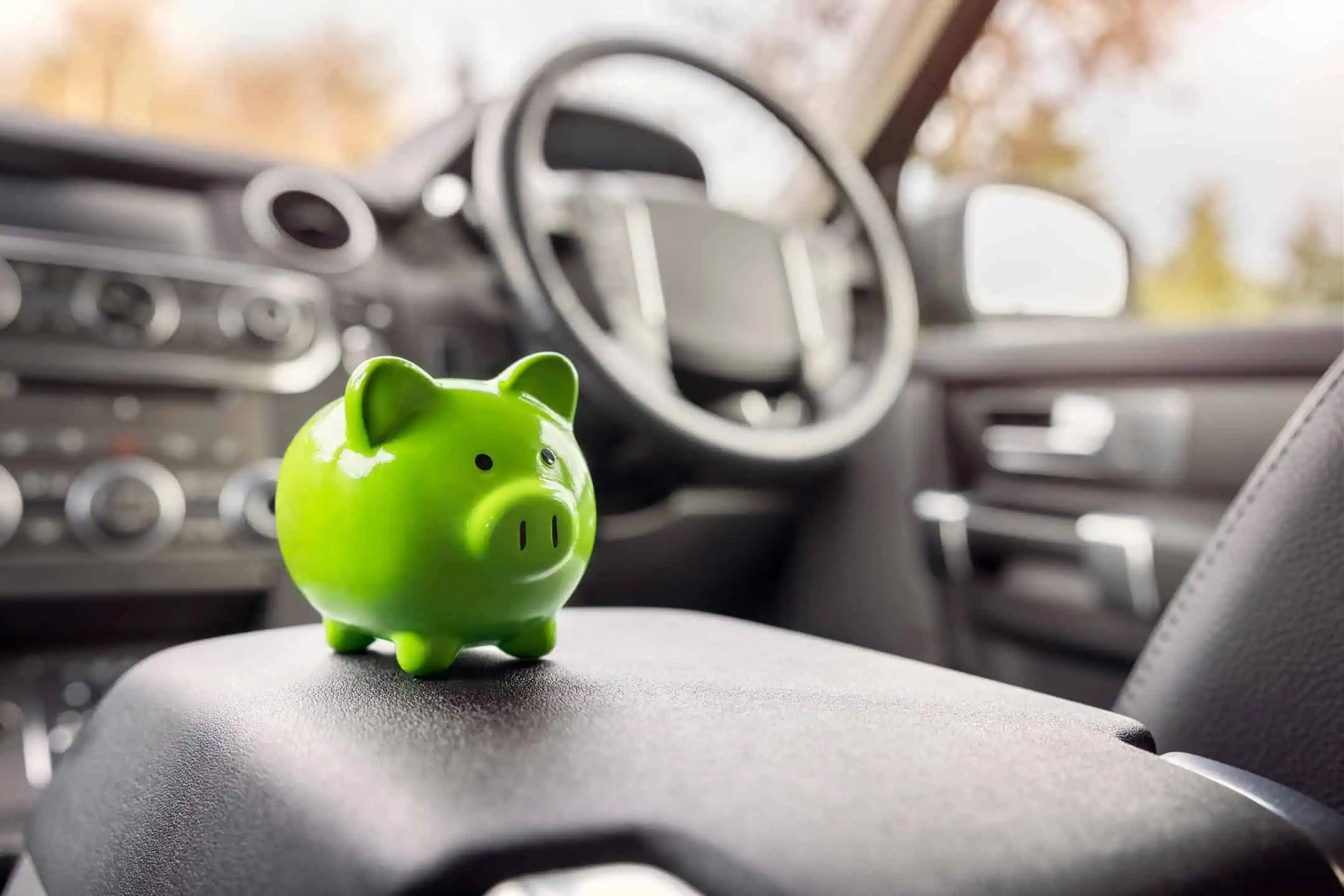
What is PCP car finance?
PCP car finance is short for Personal Contract Purchase, a type of car finance agreement used to spread the cost of buying a car that has grown in popularity in recent years.
You’ll typically need to put down an initial deposit and then make fixed monthly repayments for a period between two to four years. However, you won’t need to borrow the car’s full purchase price; instead, you’ll need to take out a loan to cover the amount of value that the car will lose over the agreement term.
When the loan ends, you have options: you can choose to buy the car by paying a one-off balloon payment, hand the car back to the lender, or use any positive equity to get a new PCP deal.
Can I buy a used car on PCP?
Yes, PCP car finance agreements are available for both new and used cars. Keep in mind that different lenders will have different eligibility criteria and may only offer PCP loans for cars less than five years old.
How does PCP car finance work?
The PCP car finance process has three steps:
- Once you’ve applied for a PCP loan and found a deal that suits your circumstances and budget, you can put down a deposit. No deposit PCP deals are available, but putting down at least 10% upfront could reduce the amount you need to borrow and improve your eligibility.
- You’ll then make fixed monthly repayments throughout your loan term. Most PCP loan terms last between two and four years. These payments will cover the car’s depreciation – the amount of value it will lose – during the agreement.
- At the end of the agreement, you can hand the car back and walk away, buy the car by paying the balloon payment, or trade it in as a deposit in a new deal.
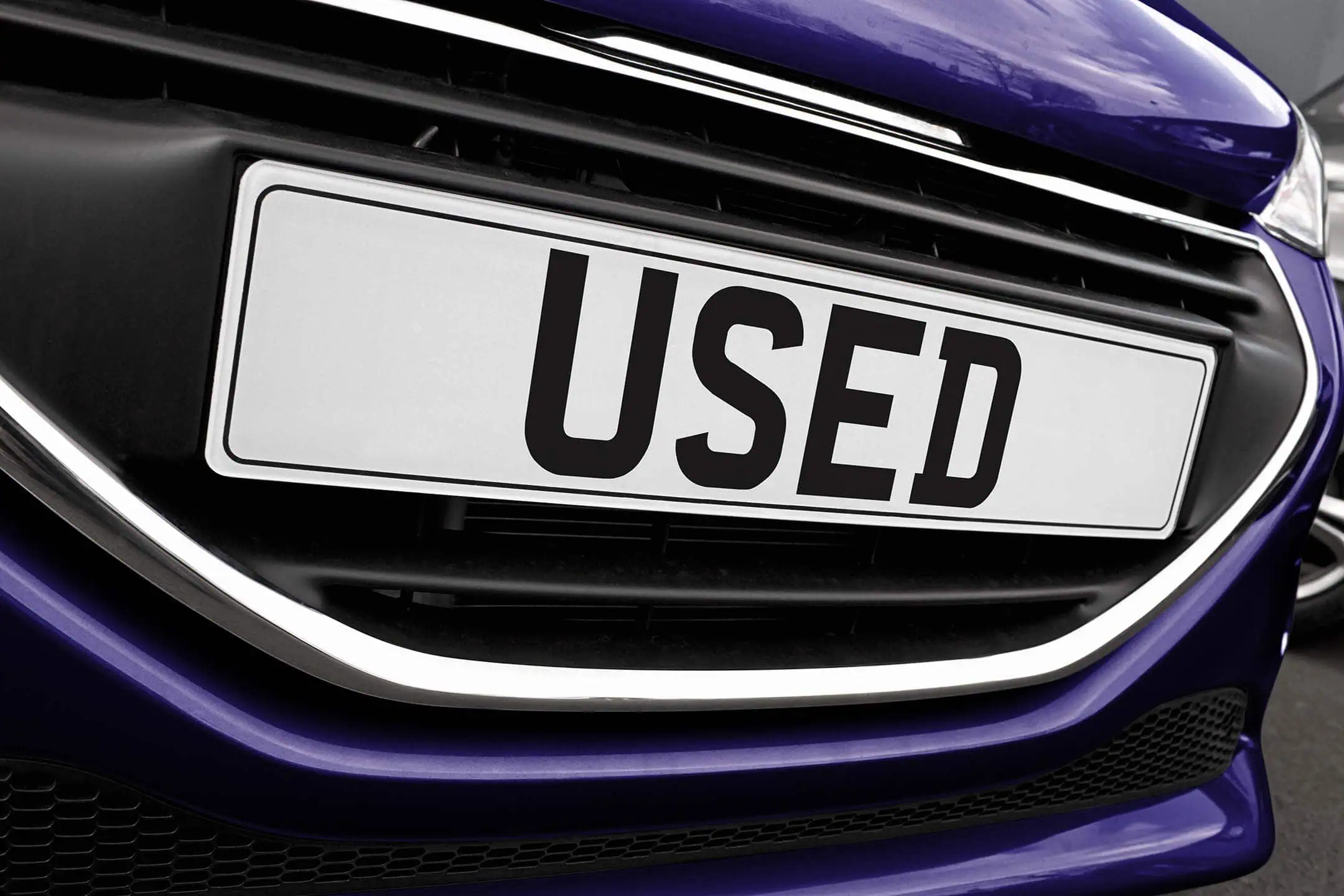
What are the pros and cons of PCP deals?
There are several pros and cons of PCP deals:
- Advantages
- Disadvantages
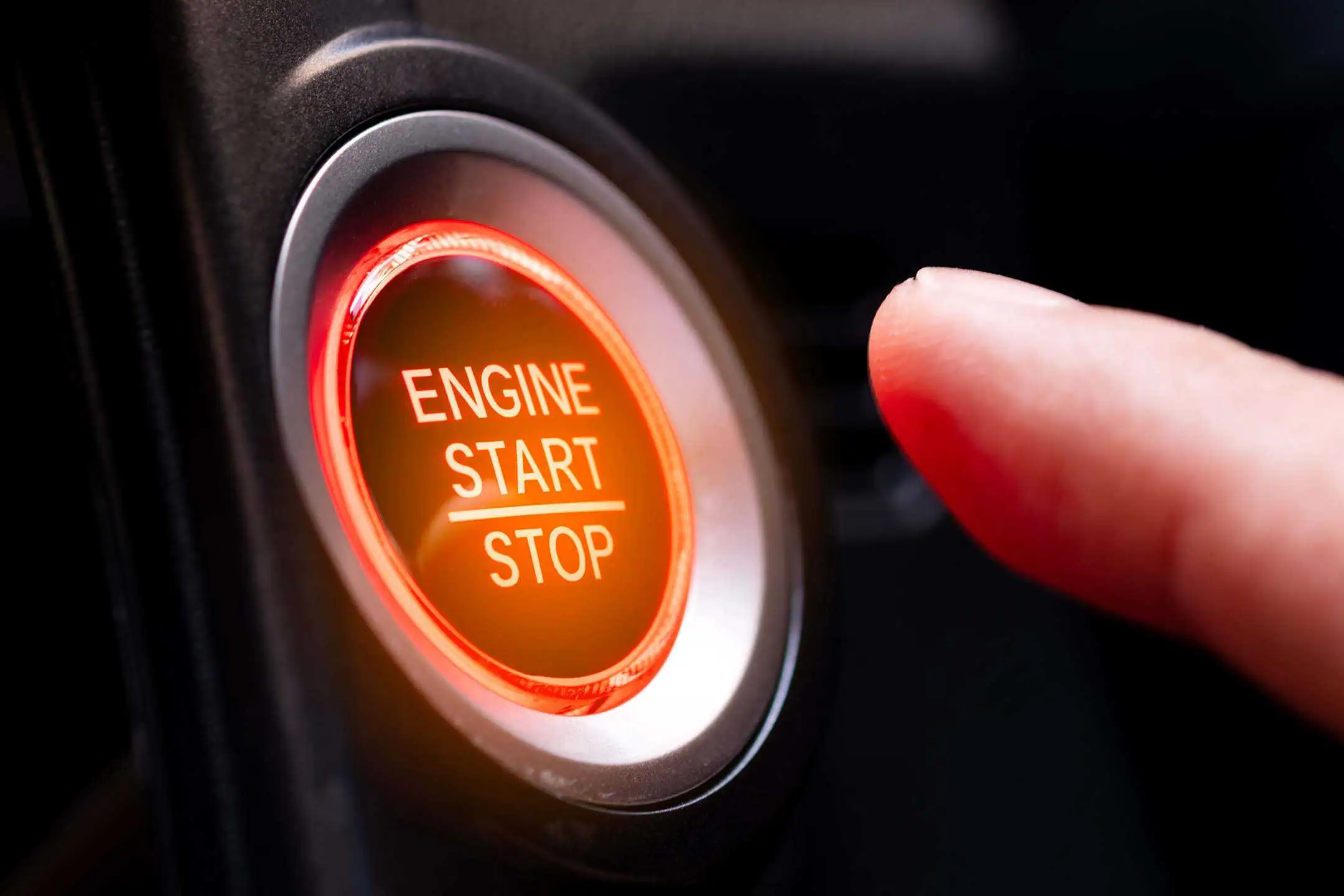
Advantages
- PCP can have lower monthly payments than HP (Hire Purchase) or Personal Loans
- You might be able to afford a newer or more expensive car
- You have the flexibility to either buy the car or hand it back
- Your monthly repayments will be fixed
- You don’t have to worry about depreciation if you hand the car back
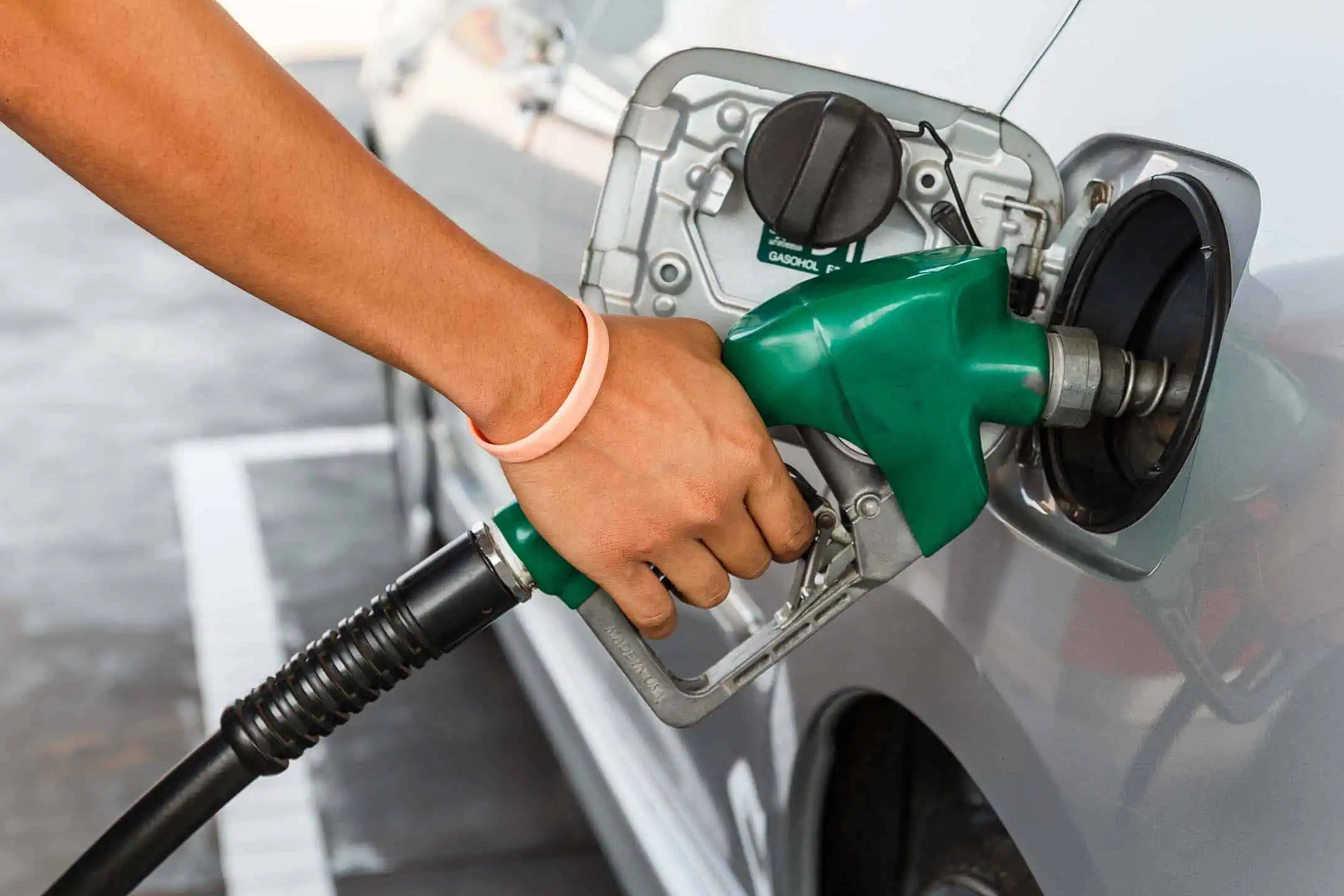
Disadvantages
- You won’t own the car unless you pay a large balloon payment
- PCP might not be available on all cars
- Your finance is secured against the car
- You might not qualify for PCP if you have a bad credit score
- You might have to agree to an annual mileage limit
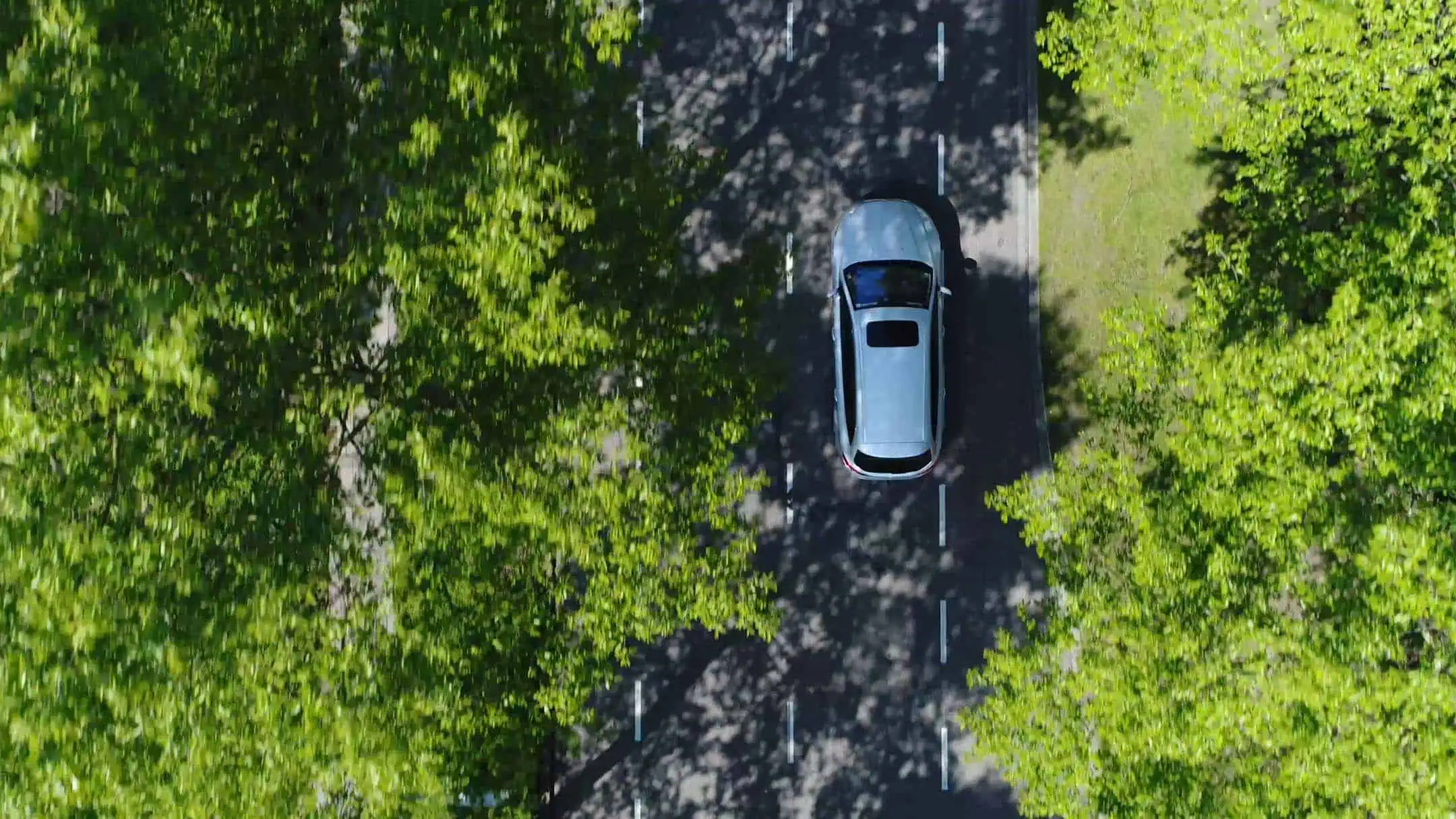
How much does PCP car finance cost?
The cost of your PCP car finance will depend on the car you buy, the deposit amount, your credit score, and loan term length.
As you don’t need to borrow the full purchase price of the car, PCP can be a more affordable way to finance a car than other loan options.
However, if you want to own the car at the end of your loan term, you’ll need to make a large one-off payment. This lump sum is the balloon payment and can be several thousands of pounds.
To reduce the cost of your PCP car finance, you could:
- Put down a large deposit – the more you put down upfront, the less you’ll need to borrow.
- Opt for a shorter loan term – while a long term can come with lower repayments, you’ll likely pay more interest over time.
- Improve your credit score – an excellent or good credit score may make you eligible for a lower APR or interest rate.
What happens at the end of a PCP car finance agreement?
At the end of your PCP car finance agreement, you have options. You can:
- Give the car back to the lender and walk away
- Pay the balloon payment to become the car’s legal owner
- Use any positive equity in the car to part exchange it and start a new agreemen
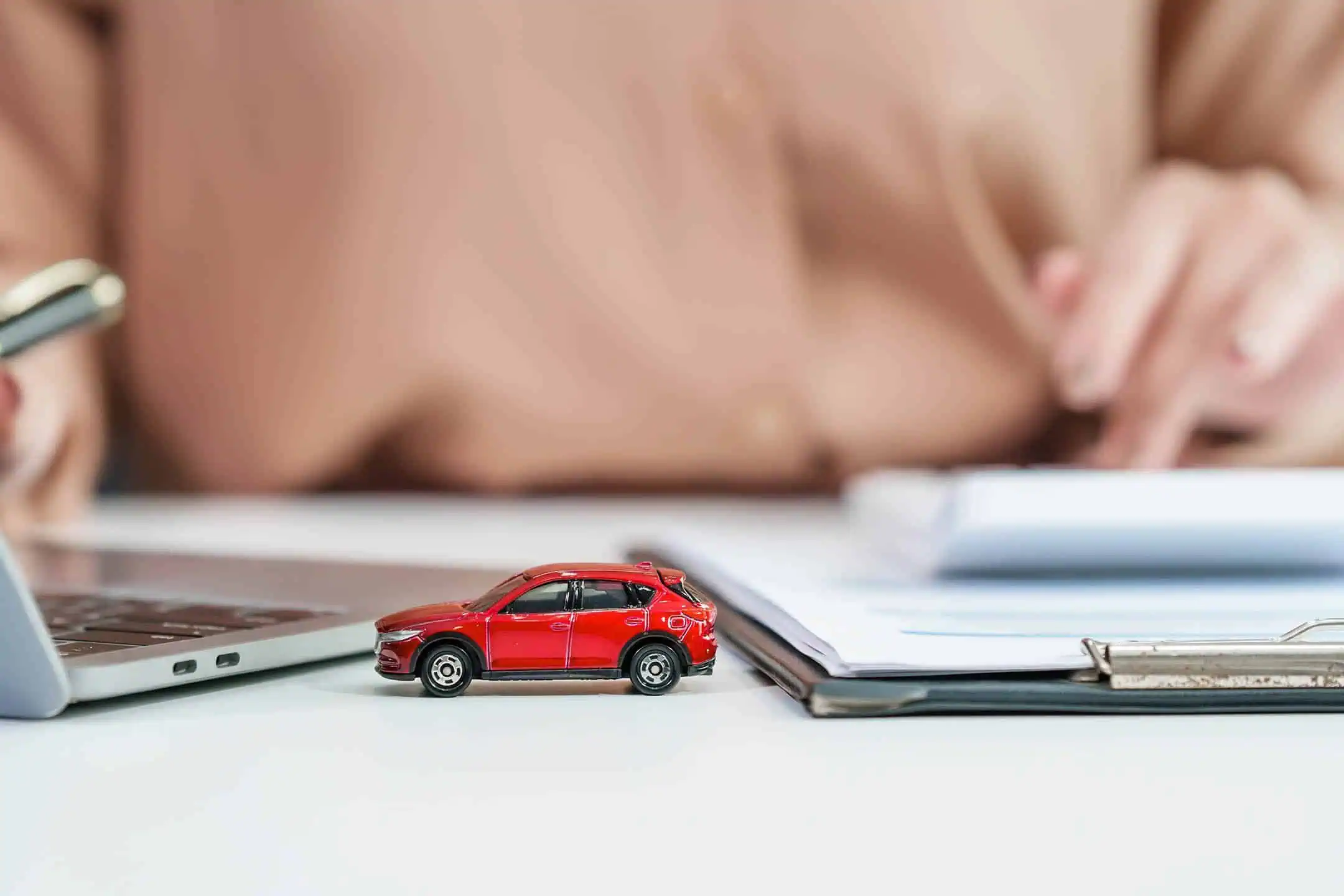

What is a balloon payment?
A balloon payment is a term used to describe the amount you need to pay to become the car’s owner at the end of a PCP deal. It is also known as the GMFV or Guaranteed Minimum Future Value. The GMFV is calculated at the start of your loan and is the amount the lender thinks the car will be worth at the end of your agreement.
PCP vs HP
PCP and HP or Hire Purchase car finance are similar in that they are both types of finance secured against the vehicle. You won’t be the car’s owner until you reach the end of the agreement. However, HP loans don’t have options when your loan term ends. Instead, you’ll need to pay a small admin fee known as the ‘Option to Purchase’ fee and become the car’s legal owner.
As you’re working towards car ownership with HP, it can come with higher repayments than PCP. Even so, you won’t usually have to agree to any mileage limits or keep the car in pristine condition, as you won’t have the option to return it at the end of your loan term.

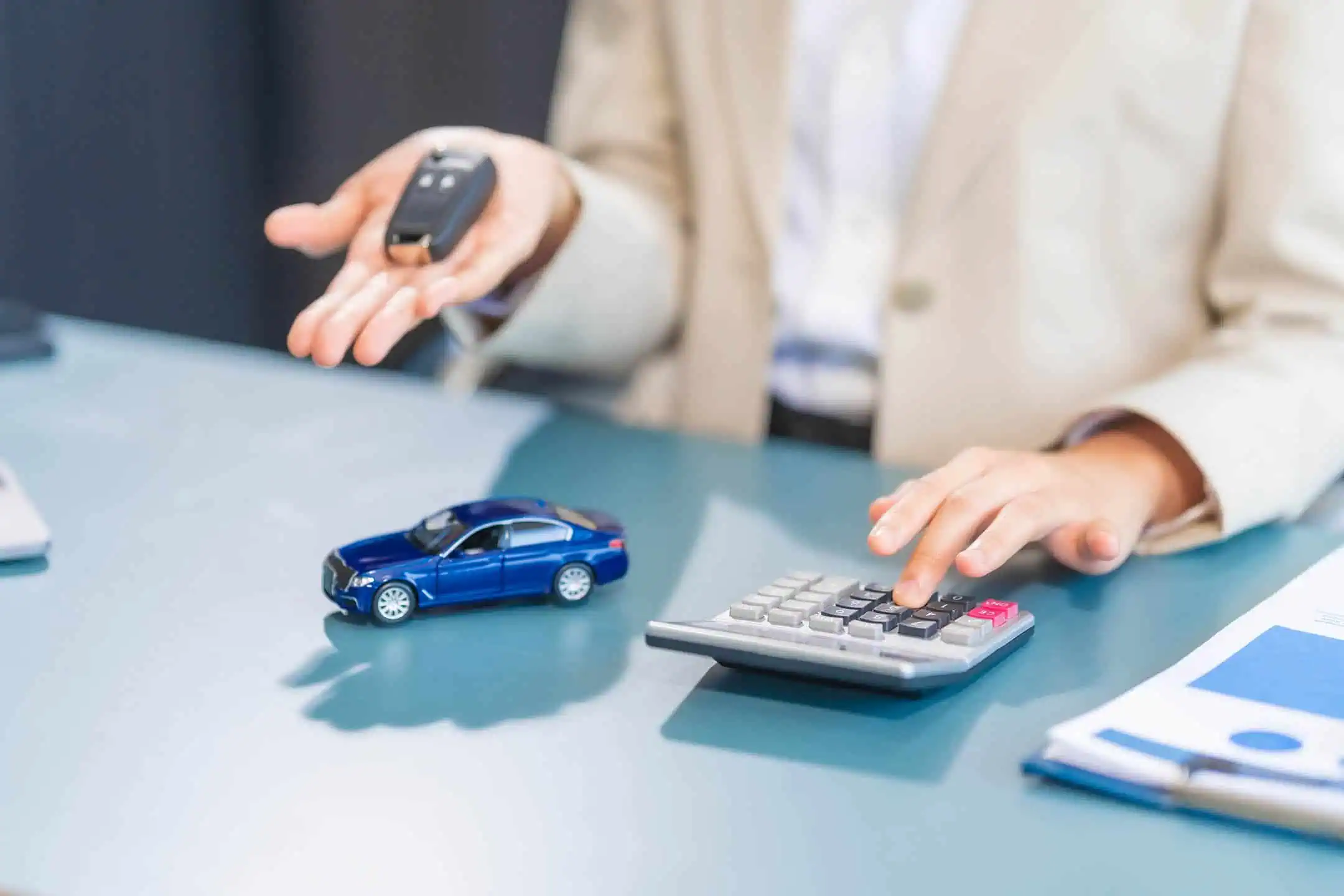
PCP vs Personal Loan
A personal loan works differently from a PCP or HP loan, as you’ll become the car’s owner as soon as you use the loan to pay the car’s seller. Personal loans are also usually unsecured, which means you might need to have a good or excellent credit score to be approved. As you’ll immediately become the car’s owner, your monthly repayments can be higher than on PCP. However, you won’t have to worry about any mileage restrictions, and you can sell the car whenever you like (if you keep up with your payments).
Many new cars depreciate by about 50% within three years. You could drive that same car at three years old on a used car PCP finance at a fraction of the cost.
PCP vs Leasing
Leasing or Personal Contract Hire (PCH) differs from PCP car finance as it never leads to car ownership. Instead, you’ll rent a car for two to four years and pay a set monthly payment in return. Once the lease ends, you’ll have to return the car to the lender. Leasing deals usually have mileage restrictions and expect you to keep the car in good condition. With PCP, you can hand the car back at the end of your loan term, just like a lease, but you do have the option to buy the car if you wish by paying the one-off balloon payment.
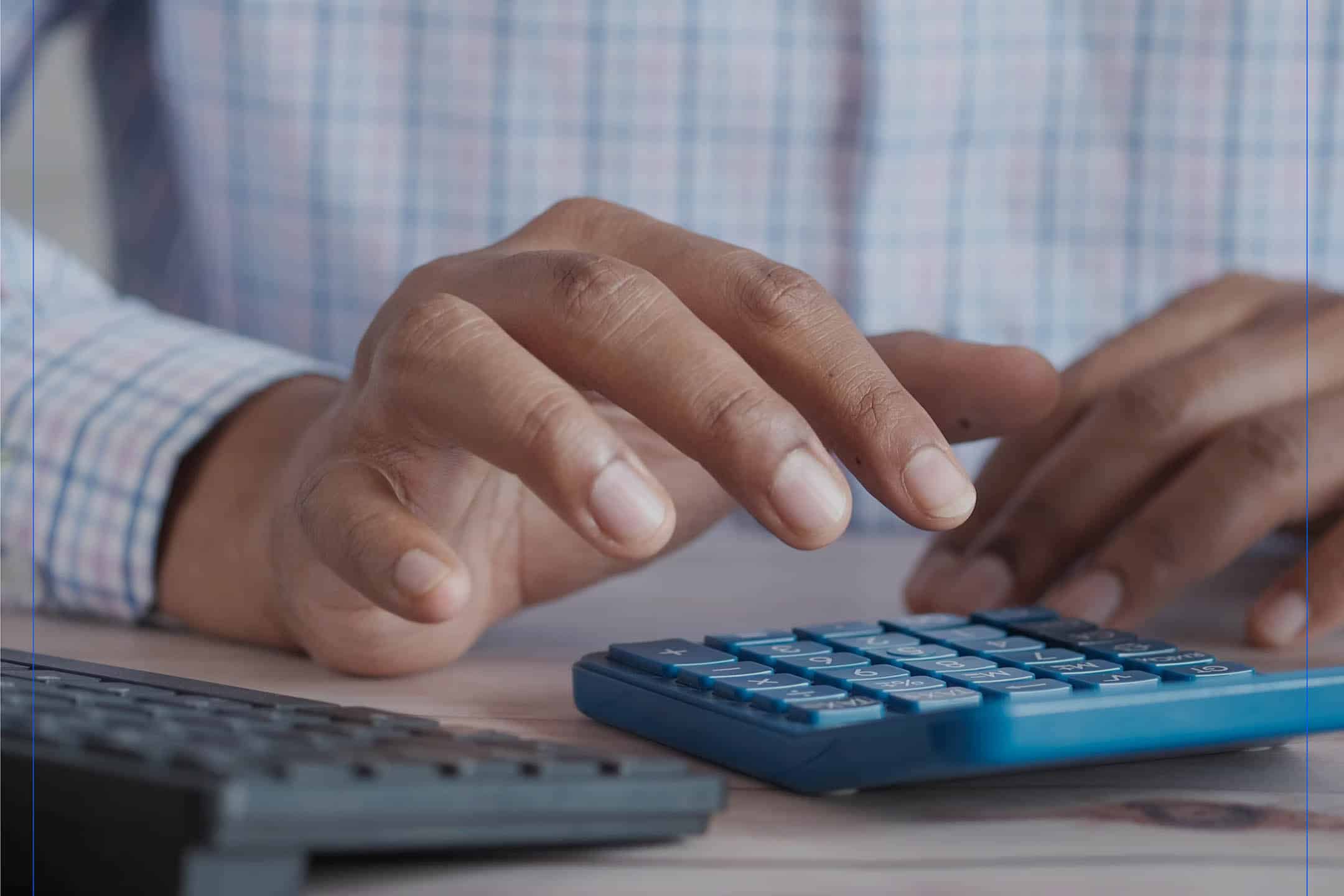

Can I end a PCP deal early?
Yes, you can end a PCP deal early in two different ways. If you want to end your PCP loan and become the car’s owner, you can request a settlement figure from your lender. This figure is the amount you need to pay to clear the loan in full, including your outstanding repayments and the balloon payment.
If you can’t afford to pay the settlement figure or want to hand the car back early, you can opt for voluntary termination. Under the Consumer Credit Act 1974, you have the right to voluntary termination once you’ve paid at least 50% of the total amount owed on the loan. With a PCP agreement, this includes the balloon payment. You don’t have to wait until you’ve reached this threshold as long as you pay the difference.

